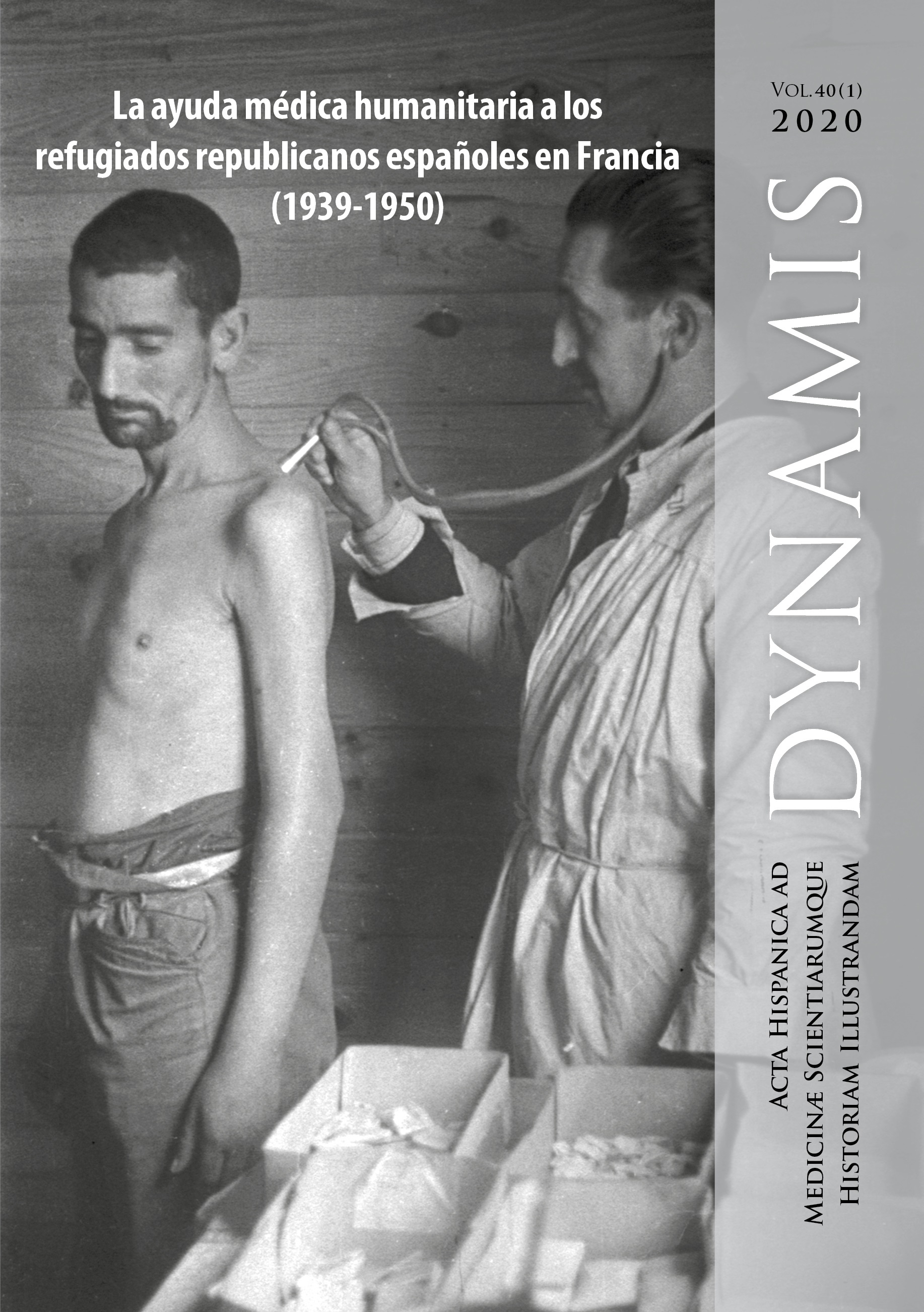Francesc Darder and the start of veterinary science for small and exoctic animals in Barcelona at the end of the 19th century
Article Sidebar

Main Article Content
This investigation centers on the clinical approach to small animals of the veterinarian Francesc Darder (1851-1918) in Barcelona in the 1880s. An analysis is conducted of the social, economic, and ideological factors that led a growing sector of the population to share their domestic space with beings whose sole purpose was to provide them with pleasure or company. This transformation generated a demand for the specialist care of a type of clientele unheard of by veterinarians at the time. Darder, well-known for his commercial activity as an intermediary in the buying and selling of animals, knew how to meet this demand by working as a highly astute clinician with pets and other small animals. The present study focuses on his pioneering medical-sanitary achievements in the terrain of ideas and in practice, with his incorporation of
novel scientific methodologies and techniques, such as microscopy, which he brought together into a specific space that he called a laboratory. No equivalent to the professional practice initiated by Darder emerged in Spain until the end of the 19th century. It was an idea that could scarcely be envisaged, and there was nothing to indicate that pets and microscopes would become two archetypal elements associated with the figure of the veterinarian two centuries later.
Article Details
Most read articles by the same author(s)
- José Manuel Gutiérrez García, Ciencia y exclusión : el desplazamiento de los albéitares de la veterinaria a través de la prensa especializada en el cuidado animal (1853-1855) , Dynamis: Acta Hispanica ad Medicinae Scientiarumque Historiam Illustrandam: Vol. 33 No. 1 (2013): Ciencia, medicina y orden social en España
- José Manuel Gutiérrez García, Laboratory medicine and the identity change of veterinary medicine in Spain at the turn of the twentieth century , Dynamis: Acta Hispanica ad Medicinae Scientiarumque Historiam Illustrandam: Vol. 30 (2010)